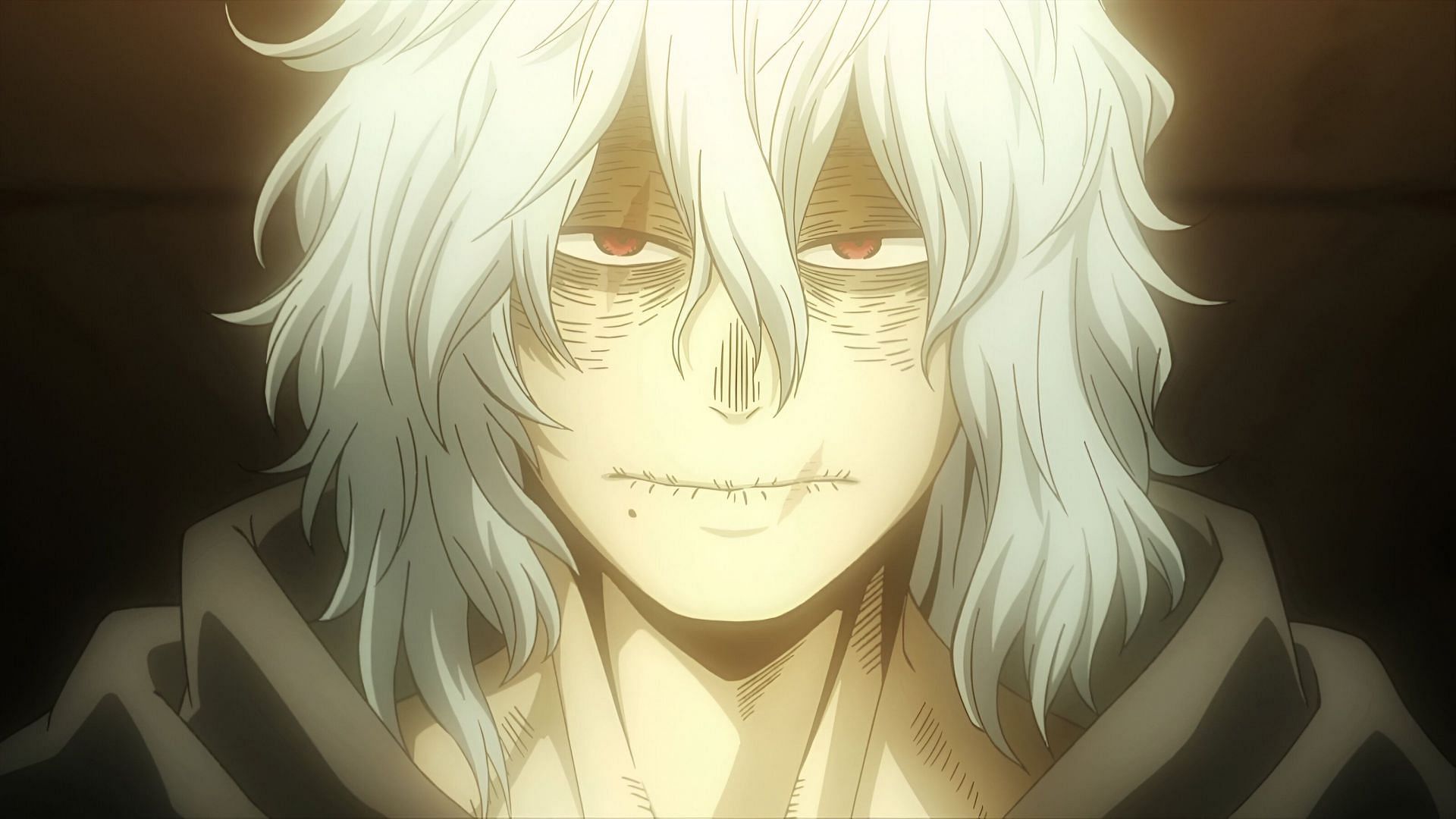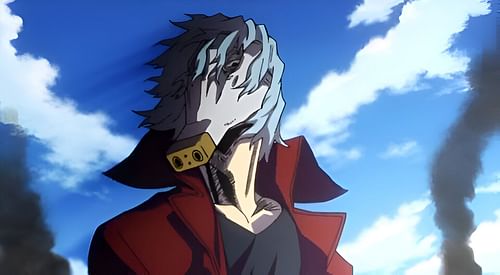
Deku saving Shigaraki in My Hero Academia may have been the worst outcome (& it's obvious why)
The final arc of My Hero Academia presented a contentious solution to Tomura Shigaraki's narrative arc. The emotional catharsis that Kohei Horikoshi sought through Shigaraki’s redemption and Deku’s mercy ultimately weakens the series’ moral foundation.
When Shigaraki dies with dignity, it reduces the impact of justice because his actions of mass murder and destruction with resultant trauma for survivors remain largely unpunished.
Deku’s compassion, though noble, raises concerns about accountability and heroism’s true meaning. Given the series’ emphasis on heroes facing consequences, Shigaraki’s peaceful end feels unearned, undermining the moral stakes that once defined My Hero Academia's world.
Disclaimer: This article reflects the opinions of the writer.
Rushed redemption: How Shigaraki’s transformation undermines My Hero Academia’s moral core

The development of Shigaraki's redemption moves too quickly without properly confronting the scale of his criminal actions. The series showed him killing without discretion, planning terrorist assaults, and making efforts toward worldwide genocide.
The late character transformation creates emotional impact but fails because it does not demonstrate enough character development to support such a significant change. This rapid turnaround creates a troubling message: mass murderers achieve redemption through a single moment of insight without enduring the extensive moral examination their crimes require.
Also read: Deku's words to Dai in the My Hero Academia ending do make sense (& a key theme is why)
Through his determination to rescue Shigaraki, Deku exposes the weaknesses in his understanding of heroism. His perspective that killing represents systemic failure fails to acknowledge that certain threats must be stopped to protect innocent lives from danger.
Deku's character is built around compassion, which leads him to prioritize a villain's redemption instead of delivering justice to victims. This position maintains moral ambiguity because the tormentor's redemption becomes more important than the victims' suffering.
Inconsistent justice: How Shigaraki’s redemption contradicts My Hero Academia’s moral foundations
The storyline fails to maintain consistent internal logic throughout its progression. The way Shigaraki defeats All For One appears to offer him redemption without holding him accountable for his actions. This narrative trick provides him with a heroic death while bypassing a full examination of his illegal actions.
The narrative implies that villains can avoid justice through a final heroic act, which contradicts the series' established principles of accountability. Deku's reasoning for treating Shigaraki based on Lady Nagant's story creates a misleading comparison. The broken system turned Nagant into a corrupted hero while Shigaraki consciously chose destruction to achieve his goals.
Also read: Pro Hero rankings are useless in My Hero Academia, and Deku's story proves why
The narrative's combination of these fundamentally different cases leads to a reductionist view of intricate moral issues surrounding redemption and punishment. The narrative creates troubling inconsistencies when it allows Shigaraki to die peacefully while handling other characters differently.
Heroes consistently demonstrate how they carry their mistakes, while Shigaraki avoids facing the consequences of his deeds. The inconsistent enforcement of consequences reveals flaws in My Hero Academia's moral structure and indicates that justice operates on arbitrary principles instead of solid foundations.
Conclusion
The series My Hero Academia compromises both narrative structure and ethical transparency in its quest to provide an emotionally fulfilling ending. Deku's vision of heroism, which emphasizes compassion and redemption, does not succeed in confronting the intricate nature of justice.
The series promotes hope and redemption, but Shigaraki's unrepentant peaceful demise opposes the heroes' long-standing sense of responsibility. The resolution shows that idealistic approaches fail when faced with actions that cannot be redeemed.
This ending for a series that established itself on heroism fundamentals makes fans wonder if Deku's compassion stands as genuine heroism or if it's a noble yet essentially flawed method in a world where victims and villains pursue their justice.
Also read
- Why AFO never emerged from shadows during his prime? Explored
- What is the strongest Quirk in My Hero Academia at the end of the series? Explored
- My Hero Academia never explored a major aspect of Quirk stealing and loss
- Shoto and Toya's birthdays reflect their relationship to perfection